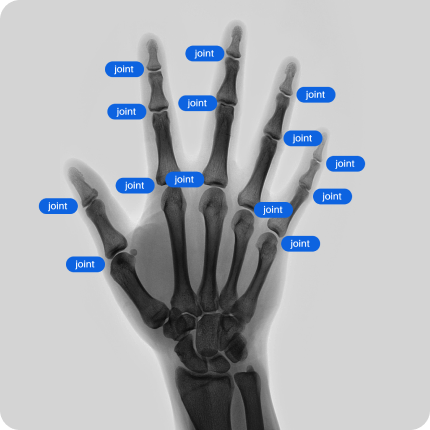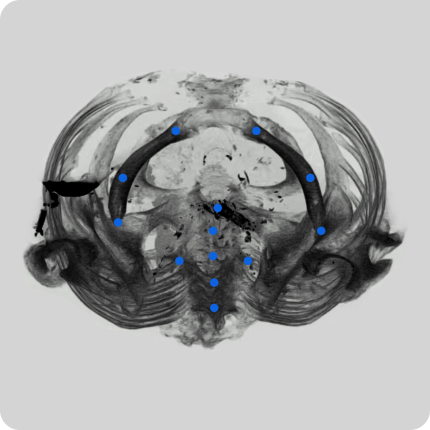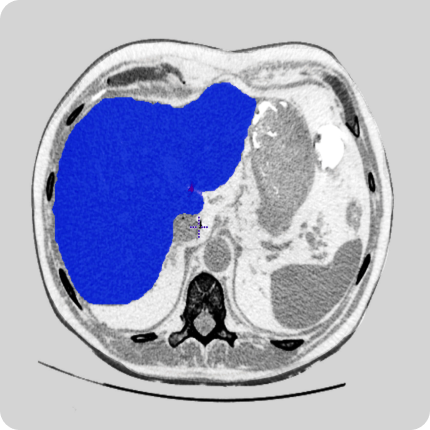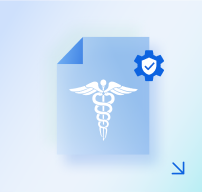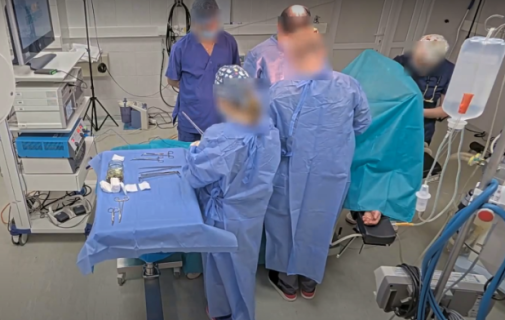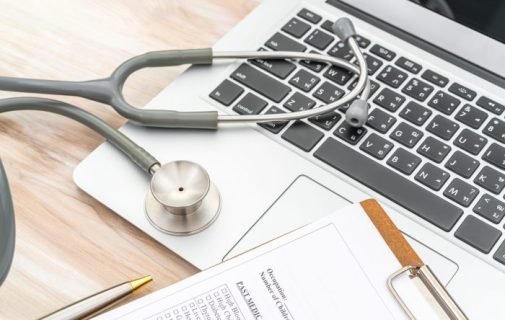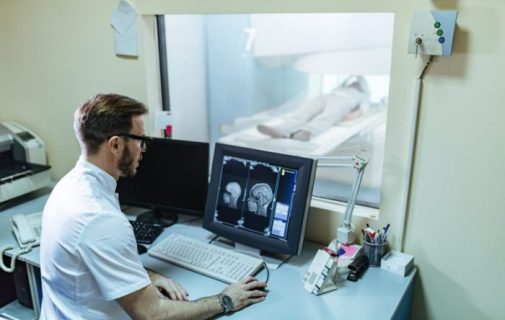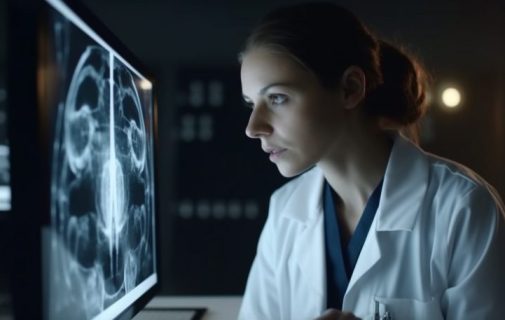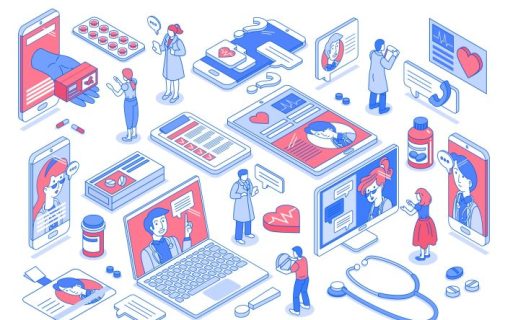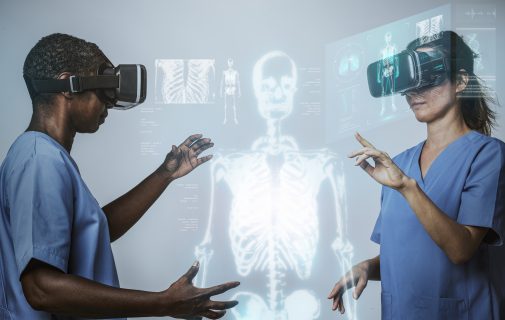
AI technology is slowly being implemented to assist doctors in various medical processes to dramatically lower the number of errors being made and in the process make their jobs a lot easier.We will show you some of the technologies which enhance medical professionals capabilities and which will be part of medicine’s certain future.
Highly Accurate Cancer Diagnosis
Diagnosing cancer can be a very difficult process for many reasons. For the purposes of this article, we will only cover one of the many problems which is that, in its very early stages, cancer is almost invisible on an X-Ray, even to the most highly trained radiologist. For example, cancerous tissue sometimes doesn’t show on x-ray because its density is similar to a close organ. Ovarian is hard to detect because of the distensibility of the abdominal cavity. This doesn’t even take into account all of the rare forms of cancer. With that in mind it is obvious that some mistakes can unfortunately be made. Fortunately, there are many technologies that are assisting doctors to diagnose cancer fasterand with greater accuracy. One of the most interesting products is called PathAI, which uses AI to scan medical images and provide a diagnosis. There are many similar products that are getting a lot of funding from organizations like the Bill and Melinda Gates Foundation and funding from private companies like LabCorp and many others that are making a difference in patients’ lives every day.
AI uses thousands of medical images which were already diagnosed and annotated as training data to build a precise model which can detect cancers and more interestingly which can point to potentially cancerous spots the doctor can then investigate.
AI-Powered Symptoms Checker
Whenever we start sneezing, coughing, or get a runny nose, we don’t know what these symptoms mean. In fact, the variability of the symptoms is huge and usually apply to a whole range of diseases which can be confusing to any untrained person. For example, a simple cough can be a symptom of the flu but also a long-term respiratory tract infection, such as chronic bronchitis. There is another issue which is that general doctors are in short supply and there is an incentive to have a fast way to isolate serious problems and to make a solution available to the common person to alleviate the stress and anxiety having any symptoms can bring.
What if there was a better way of getting the peace of mind that your sneezing is not a sign of some impending illness, but just the common cold or flu?
Buoy Health, a new product which asks patients all kinds of questions about the symptoms they are experiencing and can alert them to see a doctor if, in fact, it determines that the issues may be serious. It is a chatbot that can ask more than 300,000 possible questions and even follow up with the user if they give their permission. After asking 25 questions, the chatbot can provide three possible diagnoses and how they can be treated. What makes this product different from the untrustworthy websites mentioned above is that the AI sifts through thousands of diagnostics which have been previously made by doctors and follows the questioning a GP would have, narrowing down its diagnostics based on the answer you give and comparing it to its huge database
Providing Patients With a Customized Recovery Plan
Even though diagnosing an illness is very important, it is only the first step along the road to recovery. This is why doctors provide each patient with a customized recovery plan based on their unique circumstances. However, creating such plans manually is very time-consuming since a lot of data needs to be studied such as radiological images, blood tests, EKGs, and lots of other information. This is why products like Enlitic are so useful because they can automate this entire process. Powered by AI, it analyzes every information given to it to find and relay relevant information to the doctor.
Treating Blood Disease A Lot Quicker
Blood disease can be caused by many different factors with E Coli, staphylococcus being one of the most common ones. Doctors have to check for many different diseases to rule them out one by one which can be very time consuming. One of the most interesting approaches is the one used by Beth Israel Deaconess Medical Center where they are using AI to scan all of the blood samples, instead of having doctors analyze each one manually. By combining the capabilities of human doctors and AI, they managed to achieve a much higher accuracy rate. In fact, They used 25,000 different blood test images to train the machines, and now they are able to diagnose patients with a 95% accuracy rate. The benefits of such an approach are enormous for both doctors and patients. Not only does it offer higher accuracy, but doctors can now diagnose blood disease at a much earlier rate, opening the door for more effective treatments.
AI is Already Making a Huge Impact in the Healthcare Community
The technologies we mentioned above are only a small sample of the many new advancements and developments made by AI in the healthcare industry. It is important to understand that the goal of AI is not to replace doctors since the human factor is very important when treating patients. It simply gives them new capabilities to identify diseases and illnesses a lot quicker giving them more treatment options they can recommend to patients and taking some of the burdens of analyzing medical images off their shoulders.
According to the latest research, the FDA has approved 64 AI/ML based medical devices and algorithms Most of these technologies, notably 30 (46.9%), 16 (25.0%), and 10 (15.6%) were developed for the fields of Radiology, Cardiology and Internal Medicine/General Practice respectively. Still, there is only the beginning of AI gaining mainstream adoption and there is a lot of work left to be done since there are so many new and innovative products that await on the horizon.

